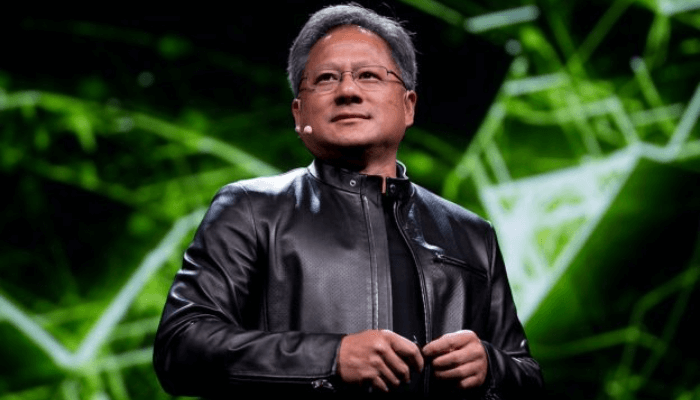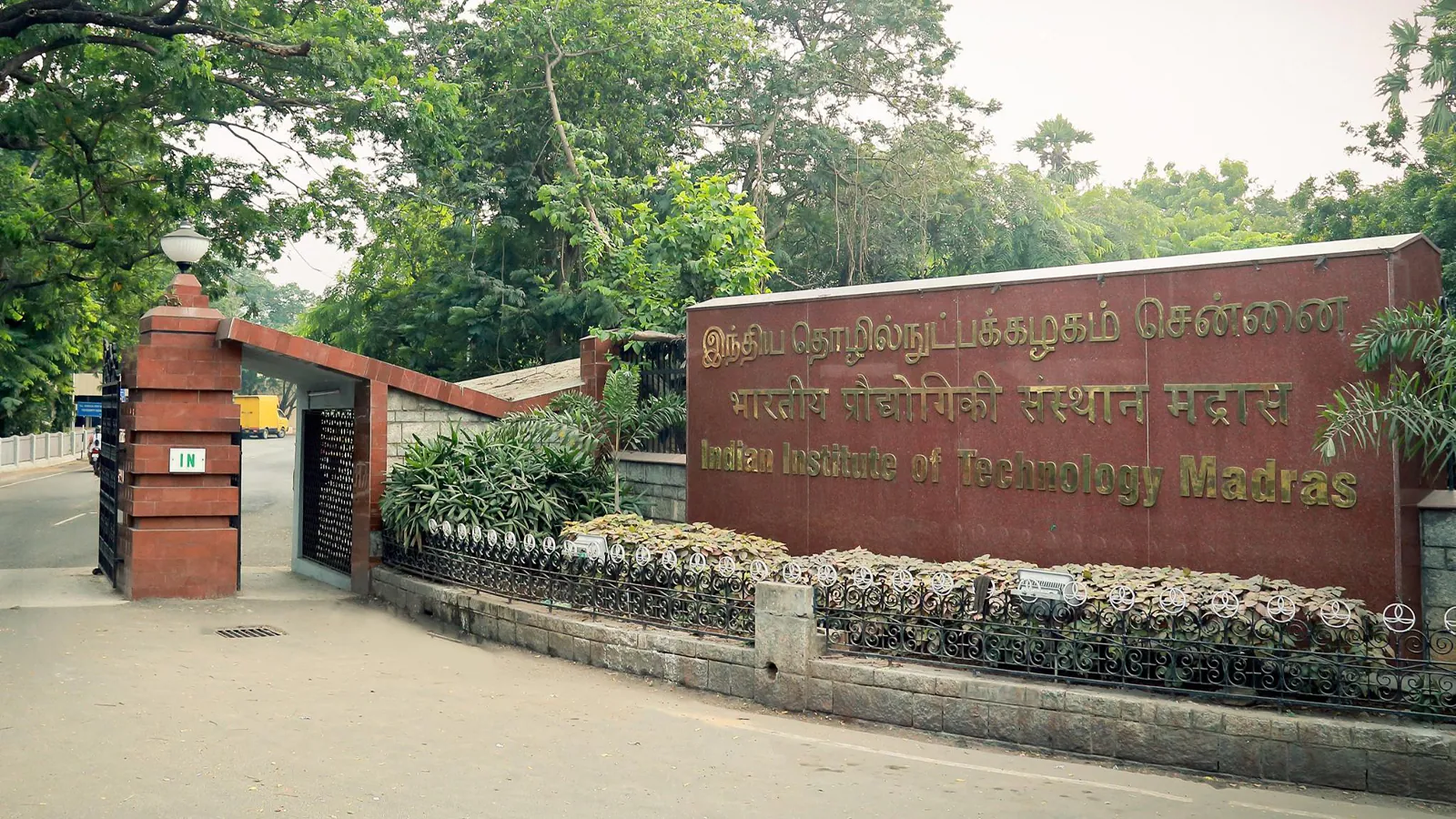By Ngozi Ekugo
Copyright businessday

Jensen Huang, Nvidia CEO, has warned that the United Kingdom (UK) and other major economies face a crippling shortage of skilled tradespeople like electricians and plumbers.
The deficit, according to him, could be best met by encouraging more workers from overseas.
The technology chief underscored the urgent need for a massive increase in the blue-collar workforce to keep pace with the accelerating global boom in data centre construction.
This fast-growing sector, essential for powering the artificial intelligence (AI) revolution, requires a vast physical infrastructure, and Huang insists the required skills are not on track to be filled domestically.
Read also: Inflation, shortage of skilled workers top CEOs’ worries – PwC
“If you’re an electrician, you’re a plumber, a carpenter we’re going to need hundreds of thousands of them to build all of these factories,” Huang stated.
He projected an explosive demand in the sector, claiming, “The skilled craft segment of every economy is going to see a boom. You’ve going to have to be doubling and doubling and doubling every single year.”
The call for overseas labour
Huang’s comments echo the anxieties of other leading business figures who have highlighted immigration policies and a lack of interest among young people as creating a perfect storm for construction and manufacturing.
Earlier this year, Larry Fink, BlackRock CEO, voiced his concerns to the White House, specifically pointing to the negative impact of immigrant labour deportations on the ability to build essential AI data centres in the United States (US).
Read also: 300 youths trained by NDDC eye crafts jobs in the oil industry
“We just don’t have enough,” Fink lamented, noting the shortfall in skilled workers like electricians needed for the construction drive.
This view was recently backed by Jim Farley, Ford CEO, who cited a gap between political ambitions to ‘reshore’ manufacturing and the reality of the domestic workforce.
According to Farley, the US is already short by over half a million construction workers and 600,000 factory staff, demonstrating that “there’s nothing to backfill the ambition” of large-scale, national projects.
Read also: Here are Canada’s new Federal Skilled Trades Program (FSTP) rules for 2025
The demand for these workers is not speculative. Industry analysts project that global capital expenditure on data centres will soar to $7 trillion by 2030.
Each large-scale data centre can demand up to 1,500 construction staff during its initial build, with many roles offering six-figure salaries without the requirement of a university degree.
Huang’s stance signals a shift, suggesting the most lucrative opportunities now lie in the physical side of technology rather than the software. When asked what he would study if he were a young man today, the Nvidia CEO confessed he would now choose disciplines rooted in the physical sciences.
With AI threatening a swath of traditional white-collar, entry-level roles, it is obvious that the future workforce needs to be ready to get its hands dirty, and a major influx of domestic and foreign talent is required to power the next industrial revolution.



